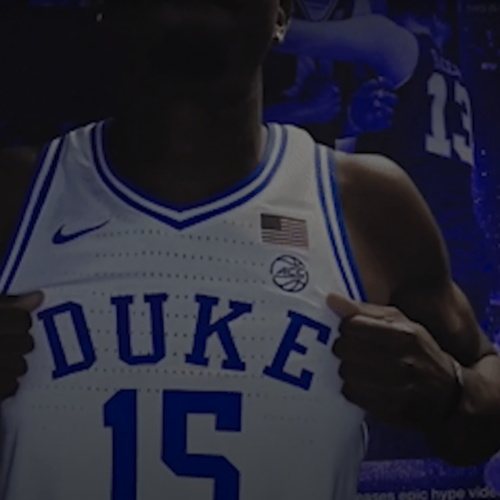06 May This Time, It’s Personal: Facebook’s Sharing Problem
There’s no doubt that Facebook is doing well these days. The company ended the third quarter of 2016 with 1.65 billion monthly active users, $5.2 billion in advertising revenue, and an overall 53 percent revenue increase, according to The Motley Fool.
One issue remains for Facebook, however: the sharing behavior of its users. The Wall Street Journal cited a survey of Facebook users by GlobalWebIndex which revealed that 33% of the social network’s users said they updated their profile status in the last month and 37% said they uploaded or shared their own photos. Compare these numbers to last year’s, where 44% said they updated their profile status in the prior month and 46% said they uploaded or shared their photos. But in same quarter, 82% of Facebook users clicked “Like” at least once in the prior month, up from 73% during the same period the year before.
These changes seem to indicate that Facebook users tend to consume content rather than create it. The chart below from GlobalWebIndex also supports the idea that people aren’t on the platform to share their own original content or details of their personal lives as much as they are to network or to stay up to date with what’s going on. This is trouble for Facebook, as it now has fewer original posts overall to show users in the News Feed.
What’s Causing the Problem?
Messaging apps, like Snapchat and Instagram, are the likely culprit in this behavioral shift. Users feel emboldened to share personal experiences and slices of their lives with more intimate audiences. Facebook employees familiar with the problem call this phenomenon “context collapse” – as Facebook’s user base continues to grow larger, people are becoming more unwilling to share intimate details of their lives.
How Facebook is Trying to Rebound
In order to combat this issue, Facebook launched features like “On This Day,” which reminds users of older posts from past years and nudges them to share. The company is also seemingly going after Snapchat by building a stand-alone camera app to encourage its users to create and share more content. Additionally, the camera app will have the ability to switch to live video while recording regular video.
But many of Facebook’s previous apps have flopped—do Slingshot, Poke, or Paper ring a bell? And with mobile device users now devoting 80 percent of their time on only three apps, will Facebook be able to succeed in driving users to download something new?
Let us know your thoughts in the comments below.







